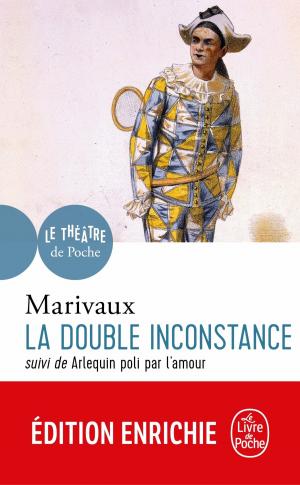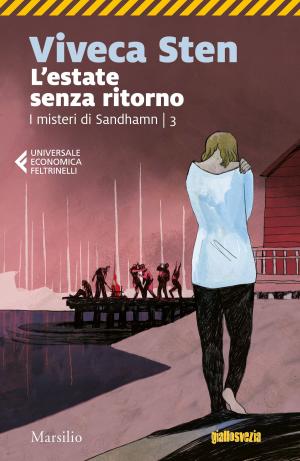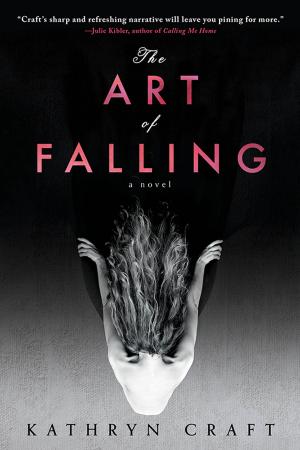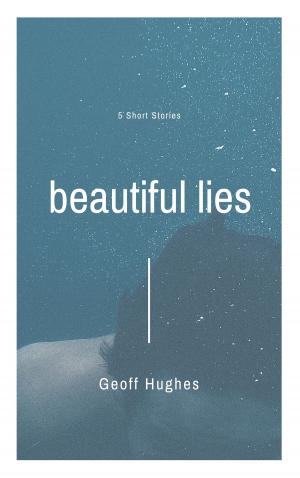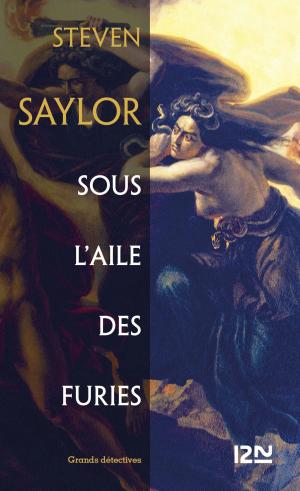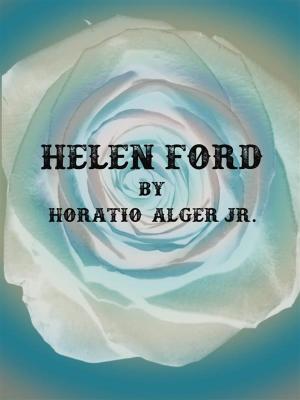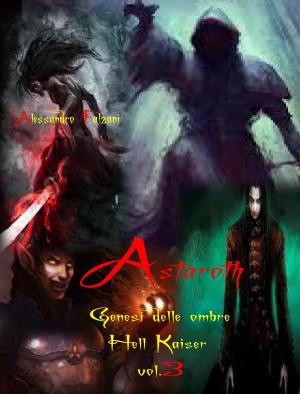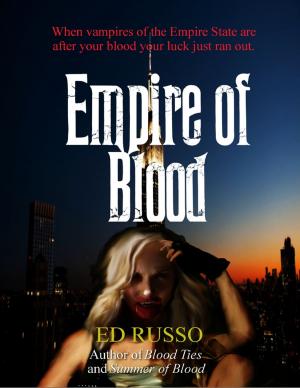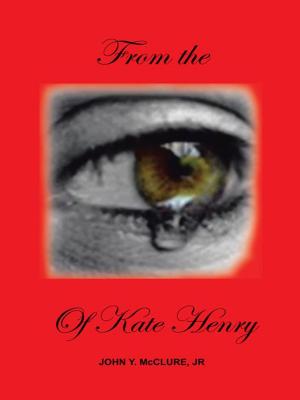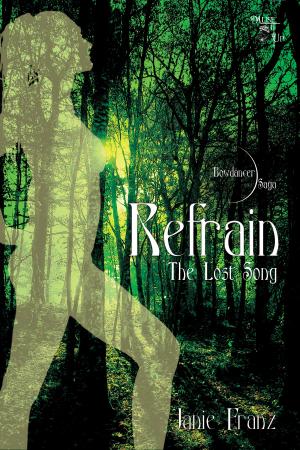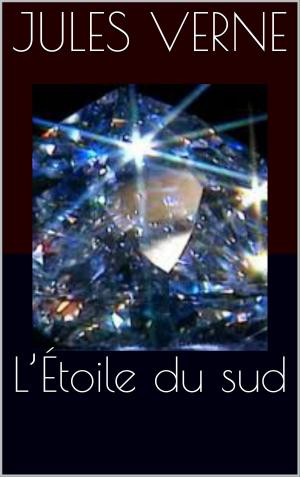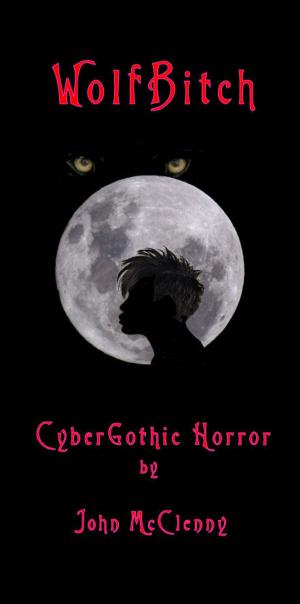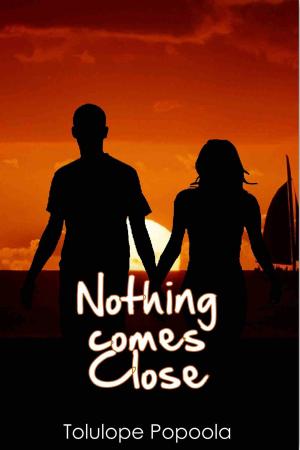| Author: | Janice Lee | ISBN: | 9781937543273 |
| Publisher: | Jaded Ibis Press | Publication: | November 4, 2012 |
| Imprint: | Language: | English |
| Author: | Janice Lee |
| ISBN: | 9781937543273 |
| Publisher: | Jaded Ibis Press |
| Publication: | November 4, 2012 |
| Imprint: | |
| Language: | English |
“Janice Lee is a genius.” – Eileen Myles, author of inferno ( a poet’s novel) THE STORY: In Daughter, a daughter/doctor encounters the dead body of an octopus in the desert, perhaps the corpse of a lost god, and through her study of his physical organs, sheds more light on her relationship with the world at large. What is it like to be a daughter? What is it like to be God?, the text asks, intuiting implications of the consciousness of God and of the hermetic vessel that is narrative itself, while revealing the sanctity of living, the unholy holiness of strange encounters, and the hidden mysticism of language. “Daughter is quantum. There is a girl, there is an octopus, there is language... No other book ever written has entered my body and being so physically pure. There is not distance between the state of narrative and the matter of being. I turn the page of her body.” – Lidia Yuknavitch, author of The Chronology of Water “In Daughter, Janice Lee floods the body of a book with the body of a body, all its hybrid, constantly damaging and mending cells.... The result is a meticulous and terrifying resurrection, a glitchy screamtext passed in dire silence to the reader the way blood passes from mother into child.” – Blake Butler, author of There is No Year “Lee›s surgical cadences and sharp fragments work here as writing will work – to force attention to detail.” – Vanessa Place, author of La Medusa and Dies: A Sentence “Janice Lee understands that writing cannot exist as narrative outcome. In Daughter there is reckoning with the cosmos as phantom, as something that does and does not exist. Energies appear by means of paradox and evaporation.” – Will Alexander, author of The Sri Lankan Loxodrome
“Janice Lee is a genius.” – Eileen Myles, author of inferno ( a poet’s novel) THE STORY: In Daughter, a daughter/doctor encounters the dead body of an octopus in the desert, perhaps the corpse of a lost god, and through her study of his physical organs, sheds more light on her relationship with the world at large. What is it like to be a daughter? What is it like to be God?, the text asks, intuiting implications of the consciousness of God and of the hermetic vessel that is narrative itself, while revealing the sanctity of living, the unholy holiness of strange encounters, and the hidden mysticism of language. “Daughter is quantum. There is a girl, there is an octopus, there is language... No other book ever written has entered my body and being so physically pure. There is not distance between the state of narrative and the matter of being. I turn the page of her body.” – Lidia Yuknavitch, author of The Chronology of Water “In Daughter, Janice Lee floods the body of a book with the body of a body, all its hybrid, constantly damaging and mending cells.... The result is a meticulous and terrifying resurrection, a glitchy screamtext passed in dire silence to the reader the way blood passes from mother into child.” – Blake Butler, author of There is No Year “Lee›s surgical cadences and sharp fragments work here as writing will work – to force attention to detail.” – Vanessa Place, author of La Medusa and Dies: A Sentence “Janice Lee understands that writing cannot exist as narrative outcome. In Daughter there is reckoning with the cosmos as phantom, as something that does and does not exist. Energies appear by means of paradox and evaporation.” – Will Alexander, author of The Sri Lankan Loxodrome

